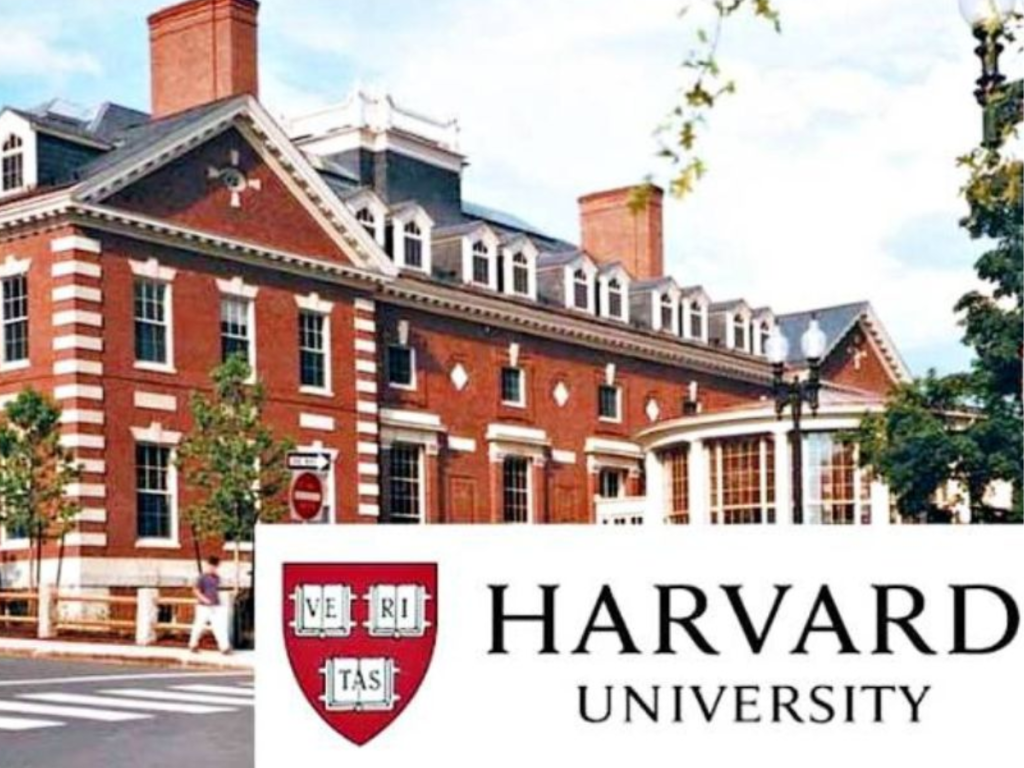Introduction
Princeton University, located in Princeton, New Jersey, stands as one of the most prestigious universities in the world. With a rich history, commitment to rigorous academic programs, and a vast network of influential alumni, Princeton has earned its place among the elite institutions of higher education. In this article, we will delve into the various aspects that make Princeton University a unique and respected institution. From its origins and academic programs to campus culture and notable achievements, Princeton continues to set the standard for excellence in education.
A Brief History of Princeton University
Princeton University was founded in 1746 as the College of New Jersey by a group of Presbyterian ministers. Its mission was to provide an education grounded in Christian values, with an emphasis on preparing students for leadership roles in the ministry. The college was initially located in Elizabeth, New Jersey, before moving to Princeton in 1756, where it resides to this day.
During its early years, Princeton became known for its strong academic curriculum, attracting students who went on to become leaders in various fields. Throughout the 18th and 19th centuries, Princeton’s faculty and alumni included influential figures in American history, such as U.S. Presidents James Madison and Woodrow Wilson, as well as notable scholars and activists.
Princeton’s transformation into a world-class research university began in the early 20th century. Under the leadership of President Woodrow Wilson, the university underwent significant expansion, adding graduate programs and increasing its focus on scientific research. Over time, Princeton developed a global reputation for academic excellence, attracting scholars and students from around the world.
Academic Excellence at Princeton
One of Princeton’s defining features is its commitment to academic excellence. As a private Ivy League institution, Princeton is known for its rigorous academic programs and small, intimate classes that foster personalized learning experiences. The university offers undergraduate and graduate programs in a wide range of disciplines, including the humanities, social sciences, natural sciences, engineering, and the arts.
Princeton’s undergraduate program is particularly renowned for its emphasis on close student-faculty interaction. With a student-to-faculty ratio of just 5:1, Princeton students benefit from small class sizes and the opportunity to work closely with professors. This approach encourages intellectual curiosity and fosters a collaborative learning environment.
Princeton’s undergraduate curriculum is designed to provide students with a well-rounded education, combining a strong foundation in the liberal arts with specialized knowledge in their chosen field. Students are required to complete a set of general education requirements, including courses in writing, quantitative reasoning, and cultural diversity, before focusing on their major. The university offers over 30 departments, each with its own set of academic programs and research opportunities.
Graduate students at Princeton also benefit from a world-class education, with the university offering graduate programs in nearly every field of study. Princeton’s graduate school is known for its rigorous training and mentorship, preparing students for careers in academia, industry, and government. Princeton graduate programs are highly selective, admitting only a small number of students each year to ensure that each student receives individualized attention and support.
Princeton’s Research and Innovation
Princeton University has long been a leader in scientific research and innovation. The university is home to a number of research centers and institutes, which focus on a wide range of topics, from the humanities to cutting-edge technology. Some of Princeton’s most notable research institutes include the Princeton Institute for International and Regional Studies, the Princeton Plasma Physics Laboratory, and the Andlinger Center for Energy and the Environment.
Princeton’s commitment to research is reflected in its impressive faculty, many of whom are leaders in their respective fields. The university has produced numerous Nobel laureates, Fields medalists, and Pulitzer Prize winners, a testament to its dedication to advancing knowledge and solving global challenges.
Princeton’s research culture is one of collaboration and interdisciplinary work. Faculty members often work with colleagues from other universities, government agencies, and private industry, ensuring that their research has a broader impact on society. This collaborative spirit is also evident in the university’s emphasis on undergraduate research, with students encouraged to engage in research projects early in their academic careers.
Campus Life at Princeton University
While academic rigor is central to the Princeton experience, the university also places a strong emphasis on extracurricular activities and student well-being. Princeton’s campus life is characterized by a strong sense of community, with students participating in a wide range of clubs, organizations, and events. The university’s residential colleges provide students with a close-knit living environment, where they can form lasting friendships and engage in intellectual and social activities.
Princeton is known for its vibrant arts scene, with numerous opportunities for students to get involved in theater, music, dance, and visual arts. The university hosts regular performances, exhibitions, and concerts, giving students a platform to showcase their talents. In addition, the university’s proximity to New York City allows students to take advantage of the city’s cultural offerings, including theater, music, and art.
Sports also play an important role in Princeton’s campus culture. The university is a member of the Ivy League and fields competitive teams in a variety of sports, including football, basketball, soccer, and rowing. Princeton’s athletes are known for their excellence both on and off the field, with many student-athletes achieving success in their academic studies as well as in their athletic pursuits.
Diversity and Inclusion at Princeton
Princeton University is committed to fostering a diverse and inclusive campus environment. The university recognizes that a diverse student body enriches the learning experience and helps prepare students for success in a globalized world. Princeton has made significant strides in increasing diversity among its student body, with students from all racial, ethnic, and socioeconomic backgrounds represented on campus.
In recent years, Princeton has focused on expanding access to higher education for underrepresented groups. The university’s financial aid policies are among the most generous in the country, with Princeton committing to meet 100% of a student’s demonstrated financial need. The university also offers a range of support services for students from diverse backgrounds, including mentorship programs, affinity groups, and cultural centers.
Princeton is also committed to fostering an inclusive academic environment, where all students feel valued and respected. The university offers a number of resources to support students in their academic pursuits, including writing centers, tutoring programs, and counseling services.
Notable Alumni and Contributions
Princeton University’s alumni network is one of the most influential in the world. The university has produced numerous leaders in politics, business, science, and the arts, including U.S. Presidents James Madison and Woodrow Wilson, as well as Nobel laureates like Albert Einstein and Paul Krugman. Other notable alumni include Supreme Court justices, CEOs of major corporations, and influential writers and journalists.
Princeton alumni have made significant contributions to society, from shaping public policy to advancing scientific discoveries. The university’s commitment to developing leaders who are dedicated to making a positive impact on the world is evident in the careers of its graduates. Princeton alumni continue to play an important role in shaping global affairs, using their education and experiences to drive change in a wide range of fields.
The Future of Princeton University
As Princeton University looks to the future, it remains committed to its core values of academic excellence, research innovation, and a strong sense of community. The university continues to invest in new academic programs, research initiatives, and campus facilities to ensure that it remains at the forefront of higher education. In recent years, Princeton has expanded its focus on interdisciplinary research, addressing some of the world’s most pressing challenges, including climate change, global health, and social inequality.
Princeton’s future is also shaped by its commitment to maintaining its position as a leader in liberal arts education. As the world becomes more interconnected and technology-driven, Princeton continues to emphasize the importance of a well-rounded education that prepares students to think critically, solve problems, and lead in an ever-changing world.
Conclusion
Princeton University’s legacy of academic excellence, commitment to research, and vibrant campus life make it one of the most respected institutions of higher learning in the world. With a strong emphasis on intellectual rigor, diversity, and inclusion, Princeton continues to shape the future of education and society. Whether through groundbreaking research, world-class teaching, or the success of its alumni, Princeton remains a beacon of academic achievement and an institution that continues to inspire generations of scholars, leaders, and thinkers.

